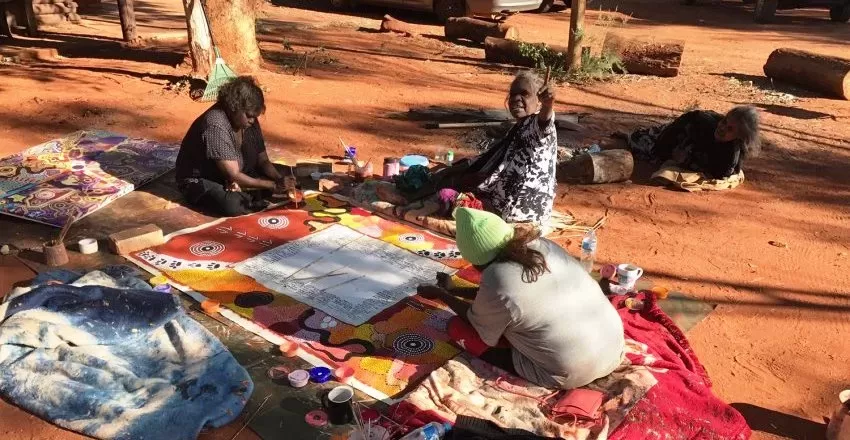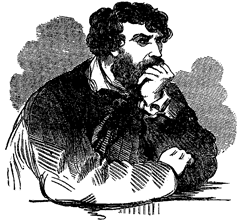Tony Kelly
I recently listened to Stan Grant’s closing address on his final Q and A show in which he described feeling like he doesn’t belong in his country after being racially vilified on social media. I know he is not alone in this feeling. I am the CEO of Victoria’s native title service provider. Our job is to support Victorian Traditional Owners obtain recognition of their traditional connection to country. I have met many First Nations people who feel the same sense of not belonging, notwithstanding advances in recognition and reconciliation.
I live in Daylesford on Djaara country and admire their tenacious fight for recognition despite the catastrophic impact of colonisation and hold deep respect for their re-emergence as a powerful force in the community, caring for country, culture and people. Djaara are a good example of the generosity afforded by many First Nations groups to the broader community. “Come and walk with us” is the constant invitation. This is the invitation issued by the Uluru Statement from the Heart and now in real terms by the Voice referendum. Will we be able to look our fellow Australians in the eye if we turn down this invitation; after we denied their existence as a people through the fiction of terra nullius; after we stole their land and children; after we poisoned them and put them in chains and prisons; after we booed them on the sports grounds and vilified them on social media? I’m not sure I will be able to.
Critics of the Voice from the right have labelled it the ‘Canberra Voice’ and that grassroots First Nations people will be excluded. This is disingenuous and misleading. Local communities will choose their representation on the Voice using their own processes incorporating grassroots people through local, regional and state representative structures. In Victoria we already have a sophisticated grassroots representative structure, the First Peoples’ Assembly of Victoria. In the Kimberley, where I recently visited, work is underway to develop their regional and local voice structures. This is happening across the country. The Voice will be anything but a ‘Canberra Voice’.
The right has also expressed concern that the Voice will clog up the courts with endless litigation if the government doesn’t act on the advice provided by the Voice. Even if this did occur it is not something to be feared. In fact, it is one of the fundamental features of the separation of powers that make our system of law so stable. The courts interpret legislation as enacted by the parliament and implemented by the executive until there is settled jurisprudence and a clear understanding of how legislation is to be applied. There might be legal challenges initially but then there would be certainty, as much as can be expected with any law.
Critics of the Voice from the left including some First Nations people say it doesn’t go far enough or that it should be Truth, then Treaty before Voice. I don’t believe these are reasons not to support it. It doesn’t go far enough but it is a great first step and there are benefits in establishing the Voice first, as it will inform the establishment of truth telling and treaty making processes, like what is occurring in Victoria, to great effect.
At a recent event in Broome marking the return from a museum in Germany of Yawuru human remains, stolen from Country over 100 years ago, Nyamba Buru Yawuru CEO, Nini Mills, says all Australians should be proud of a Voice representing the world’s oldest living culture and that the Voice, rather than creating division, is essential for healing and empowerment and will allow all Australians to unite.
The overwhelming majority of the First Nations people I work and deal with on a daily basis support the Voice. Despite uncertainties about how it will operate and a concern that it doesn’t go far enough, they want it to succeed, and they want all Australians to get behind it, to be their allies, to see them. They want justice, they want recognition, they want respect. Most of all they want to feel like they once again belong on their own Country. I for one do not want to deny them that.
Tony Kelly is a lawyer who lives in Daylesford. He is the Chief Executive Officer of First Nations Legal and Research Services.
Related Stories:
The Voice is Just, Essential, Timely, and Overdue
The Wombat Post is seeking opinions from individuals and groups to canvas the full spectrum of views on the Voice. This piece by Tony Kelly was invited by the Editorial Committee of TWP. We have also invited an opinion piece from the Dja Dja Wurrung. We will consider opinion/editorial pieces and letters to the editor submitted by members of our local community. In all cases, our editorial policy applies.





